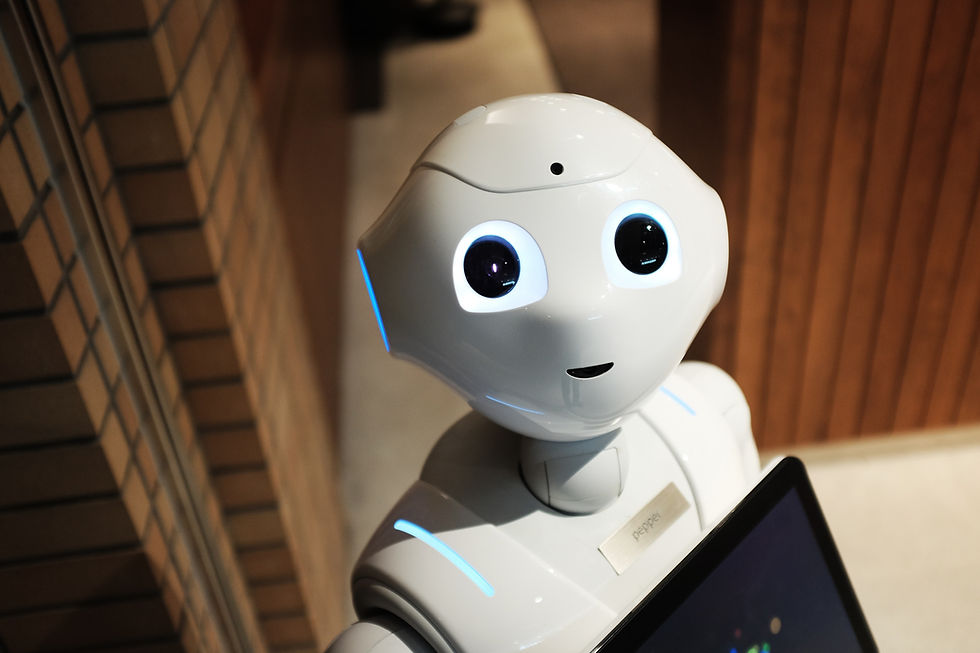Demystifying AI: Understanding the Reality and Challenges of Artificial Intelligence
- KBAI

- Mar 26, 2024
- 2 min read
Overview
Artificial Intelligence (AI) is a rapidly advancing field of technology that aims to create machines capable of carrying out tasks that typically require human intelligence. This can include things like problem-solving, learning, perception, and even creativity. AI has the potential to revolutionize the way we live and work, but it also comes with a number of risks and challenges.
What is Artificial Intelligence?

At its core, AI works by processing large amounts of data and using algorithms to identify patterns and make predictions. Machine learning, a subset of AI, involves training algorithms on data to improve their performance over time. This allows AI systems to adapt and learn from new information, making them more effective at their tasks.

Challenges with AI
One of the biggest risks associated with AI is the potential for bias and discrimination. AI systems are only as good as the data they are trained on, and if that data is biased or incomplete, it can lead to unfair outcomes. For example, AI algorithms used in hiring processes have been shown to favor certain demographics over others, perpetuating existing inequalities.
Another concern is the impact of AI on the job market. As AI becomes more advanced, there is the potential for automation to replace human workers in many industries. While this can lead to increased efficiency and productivity, it can also result in significant job displacement and economic upheaval.

The Good Side of AI and How to Maintain It
Despite these risks, AI also has a number of positive aspects. It has the potential to greatly improve efficiency and productivity in various industries, leading to cost savings and increased innovation. AI systems can also be used to solve complex problems in areas like healthcare, climate change, and transportation. AI will also usher in new jobs as humans are needed to advance and implement AI, so although some jobs may become AI operated, it's important to look for new opportunities created in the workforce by AI.
Overall, AI has the potential to greatly impact our society in both positive and negative ways. It is important for researchers, policymakers, and industry leaders to work together to ensure that AI is developed and deployed in a responsible and ethical manner. By addressing the risks and challenges associated with AI, we can harness its power while maintaining the importance of equality and privacy.







Comments